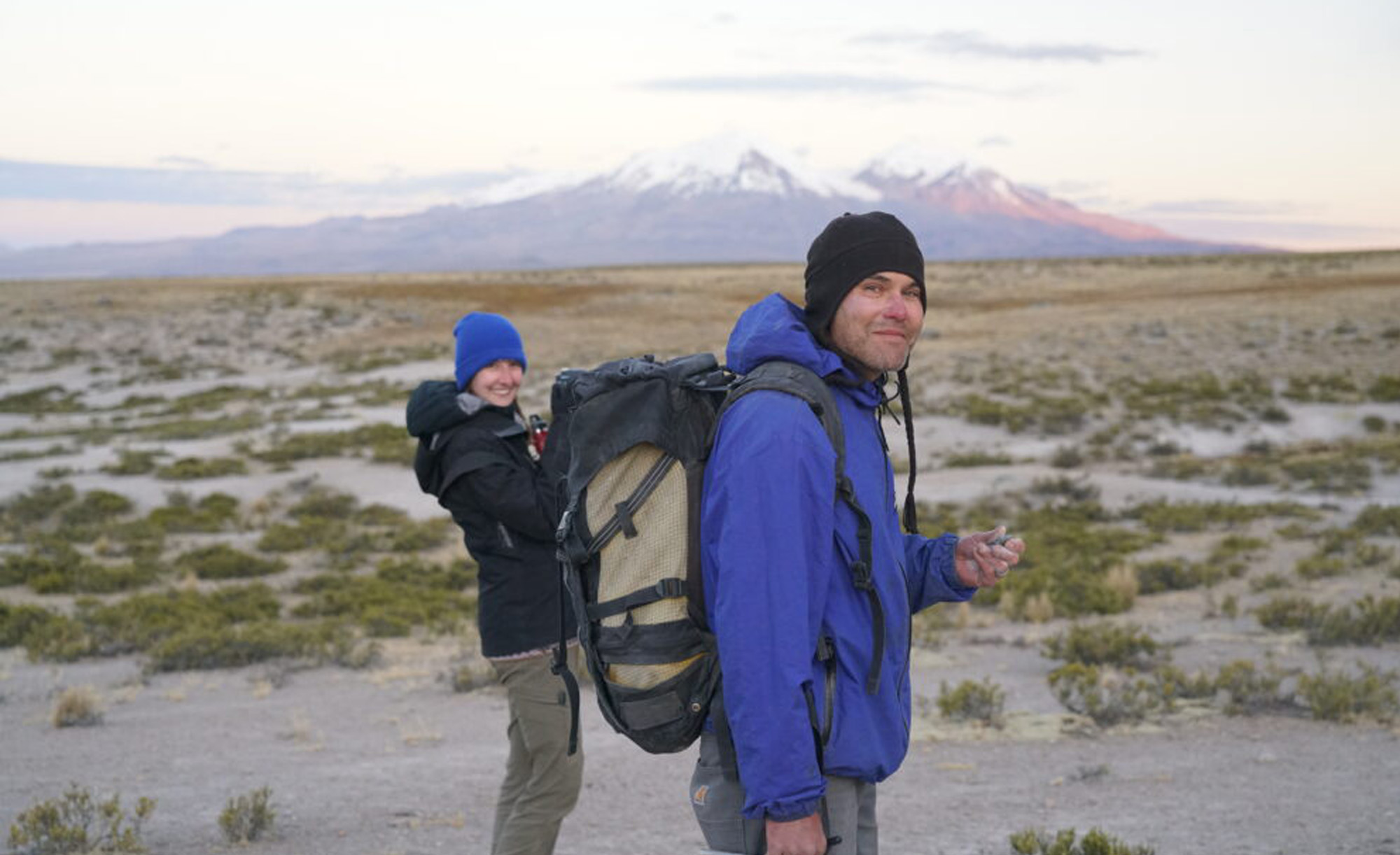
Anthropology Professor Dr. Kurt Rademaker in the College of Arts and Sciences at Texas A&M University will present his research on the Ice Age exploration and settlement of the Americas as part of the Fallon-Marshall Lecture Series.
Each year, the Melbern G. Glasscock Center for Humanities Research hosts a lecture series that highlights the college’s diverse academic and research-based discoveries. This month’s event will focus on groundbreaking research made in the field of archaeology.
On Tuesday, April 15, at noon, Rademaker will present his findings in his presentation, titled “On the Trail of Ice-Age Explorers of South America.” The event will be held in Room 2300-B of the Memorial Student Center on the Texas A&M campus.
“I will share my team’s archaeological research in desert and mountain environments in Peru,” Rademaker said. “My group investigates initial human dispersals into South America at the end of the last Ice Age, their migration routes and the ways they adapted to live and thrive in various and sometimes extremely challenging environments.”
Rademaker, a Texas A&M professor since 2024, is a faculty associate in the Center for the Study of the First Americans. With his research focusing on the settlement of South America and environmental archaeology, Rademaker carries out extensive fieldwork spanning remote landscapes from the Pacific Ocean to the Andean plateau. His research resulted in his team uncovering some of the oldest Ice Age archaeological sites and gaining insight into the cultural adaptations, social connections and ancestry of early South Americans.
“I feel fortunate to be invited to share what we do in the Center for the Study of the First Americans with the broader community,” Rademaker said. “Archaeology teaches us about our past, but it also helps us to understand ourselves as humans on a deeper level. I hope attendees take away the challenges but also the thrill of discovery involved in the scientific investigation of the human past.”
Learn more about the Fallon-Marshall Lecture Series.

